 A home heater that breaks down in winter for the last time is bad news. You want to have an old heating system replaced ahead of time to conform to your schedule, not the heater’s! So if your furnace, boiler, heat pump, or other system is already looking like it won’t make it through to spring, we recommend you start considering what type of heater should be installed to replace it.
A home heater that breaks down in winter for the last time is bad news. You want to have an old heating system replaced ahead of time to conform to your schedule, not the heater’s! So if your furnace, boiler, heat pump, or other system is already looking like it won’t make it through to spring, we recommend you start considering what type of heater should be installed to replace it.
If you think you need a major change for your heating in Park Ridge, IL before the end of winter, we have suggestions to get you started thinking about that replacement. Don’t wait too long to schedule service if you think your current heater is close to the end. Talk to our heating professionals to find out the best new system and have it put in place soon so you don’t miss out on heat this winter.
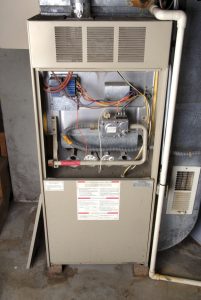 The natural gas furnace is the backbone of winter heating in the U.S. Here in Chicago, it’s one of the best ways to heat a home through another tough winter: not only does
The natural gas furnace is the backbone of winter heating in the U.S. Here in Chicago, it’s one of the best ways to heat a home through another tough winter: not only does 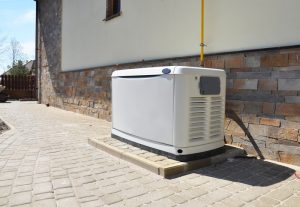 Electricity is such a basic part of our lives that we rarely stop to think about all that it does for us. It’s simply always there when we flick on a switch, turn on an appliance, or plug in a phone or laptop to charge. But what if that electricity suddenly vanished? Stopped working and didn’t turn back on a few minutes later? What if it stayed off for hours or even days? Think about the impact an extended power outage like that would have on your life and on your family.
Electricity is such a basic part of our lives that we rarely stop to think about all that it does for us. It’s simply always there when we flick on a switch, turn on an appliance, or plug in a phone or laptop to charge. But what if that electricity suddenly vanished? Stopped working and didn’t turn back on a few minutes later? What if it stayed off for hours or even days? Think about the impact an extended power outage like that would have on your life and on your family. Looking at the calendar, it’s hard to believe that it’s already December. The year went by in a flash, and we’re only a few weeks from the official start of winter. The cooler temperatures are already here in Chicagoland, although we can expect a much steeper drop as we head toward New Year’s Eve.
Looking at the calendar, it’s hard to believe that it’s already December. The year went by in a flash, and we’re only a few weeks from the official start of winter. The cooler temperatures are already here in Chicagoland, although we can expect a much steeper drop as we head toward New Year’s Eve.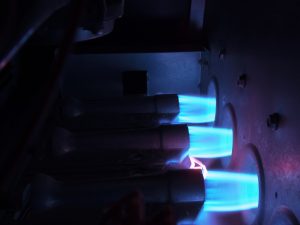 What type of heating system do you use to warm up your house during a tough Chicagoland winter? If your home is like the majority, the answer is a
What type of heating system do you use to warm up your house during a tough Chicagoland winter? If your home is like the majority, the answer is a 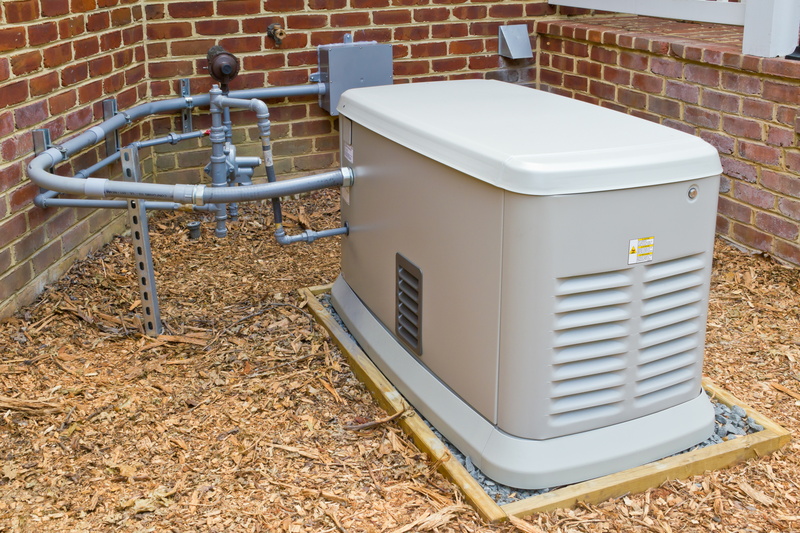 One of the important jobs to have done before fall is over and the serious cold weather starts in is to
One of the important jobs to have done before fall is over and the serious cold weather starts in is to  Gas power for homes is widespread, but gas mains can’t reach every residential property. In some cases, homeowners prefer to rely entirely on electricity in their homes because of safety concerns from natural gas. Whatever the situation, a home relying solely on electrical power can still have a furnace to provide comfort during the frigid winters in Chicago.
Gas power for homes is widespread, but gas mains can’t reach every residential property. In some cases, homeowners prefer to rely entirely on electricity in their homes because of safety concerns from natural gas. Whatever the situation, a home relying solely on electrical power can still have a furnace to provide comfort during the frigid winters in Chicago. 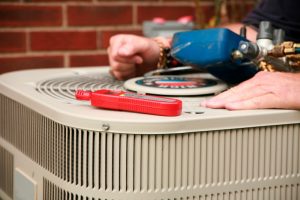 Last month we offered tips on
Last month we offered tips on 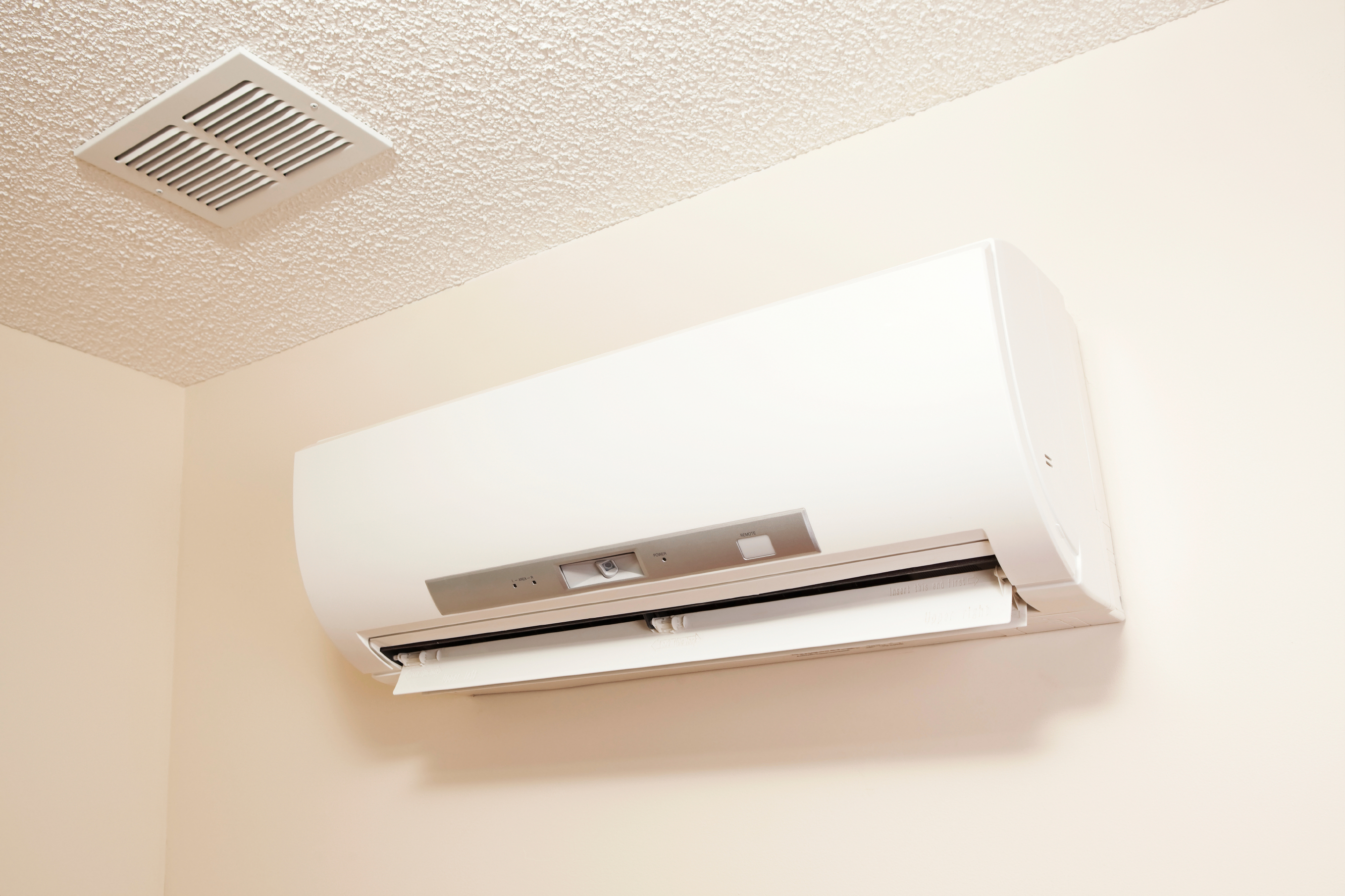 The fall is one of the best times of the year to make major changes to a residential HVAC system. Transitioning between the heat of a Chicago summer into the cold of the winter is a period when you won’t have to rely heavily on either the AC or the heater, so it’s not difficult to arrange for a convenient time to have major repairs done, or to schedule annual maintenance for the heating system.
The fall is one of the best times of the year to make major changes to a residential HVAC system. Transitioning between the heat of a Chicago summer into the cold of the winter is a period when you won’t have to rely heavily on either the AC or the heater, so it’s not difficult to arrange for a convenient time to have major repairs done, or to schedule annual maintenance for the heating system.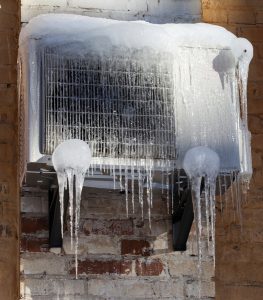 The summer weather is starting to recede: the official end of the season is less than two weeks away. You’re soon going to start making plans for turning on the heating system that will warm your home through later fall and into the winter. A crucial part of those plans includes schedule routine heating maintenance:
The summer weather is starting to recede: the official end of the season is less than two weeks away. You’re soon going to start making plans for turning on the heating system that will warm your home through later fall and into the winter. A crucial part of those plans includes schedule routine heating maintenance: